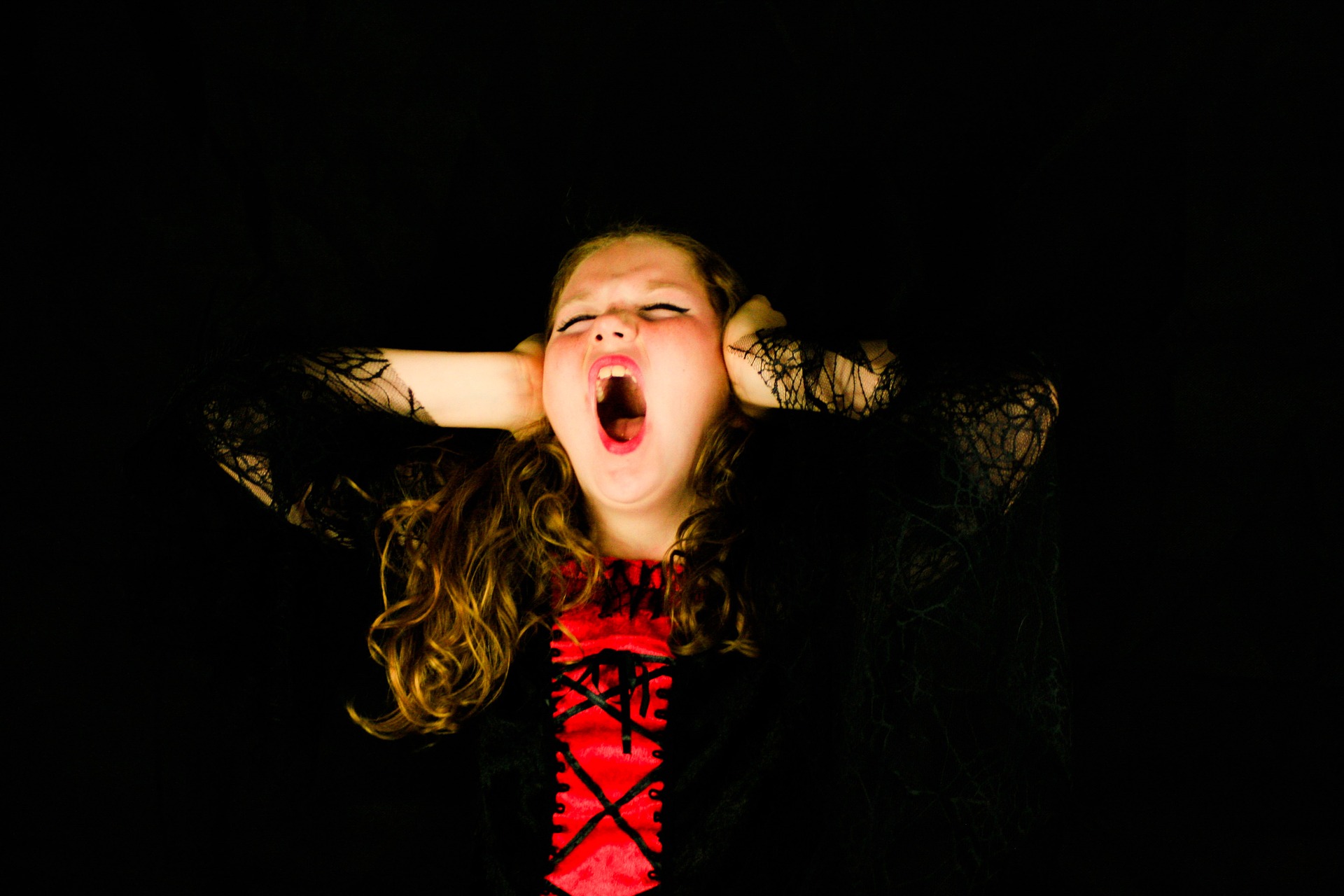
Most parents will experience aggressive behaviour from their child at times. Screaming, yelling, throwing themselves on the floor etc are common behaviours for a child from time to time; when they do not get what they want, or feel as though they have somehow been treated unfairly.
However, for some families, this becomes the ONLY response their child has and over relatively minor situations, in addition to hitting, throwing objects, self head banging, door slamming and threats (to hurt self, others, run away, etc).
Many parents tell me they feel as though their child is out of control and they don’t know what they can do to stop the aggressive behaviour. Anger is an emotion. Everyone feels angry from time to time. It is not wrong to feel angry but some behaviours are unacceptable. It is important for children to develop the ability to regulate their anger and here are some ways that we, as parents, can help them learn…
- Help them to recognise their anger.
Where does he notice the anger? What physical signs does he have? What does it feel like to be angry? For example, it feels like his head is going to explode, his face feels hot, his arms/body feel shaky, he notices his fists clenching, he feels like running away/punching something, etc. It is important for him to be able to recognise their emotion and how it feels.
- Encourage them to use their words to express their emotion. Acknowledge their emotion.
Encourage him to talk about what happened and how he feels. Encourage him to talk to you, another parent/relative or teacher. Talking it out and having someone listen and acknowledge his feelings, is valuable. Help him problem solve if required.
- Demonstrate positive role-modelling.
Children mimic, particularly their parents. Be aware of your reaction and behaviour when you feel angry or something doesn’t go your way. Do you react by yelling and screaming? Do you slam doors? Do you hit/smack? Do you overreact? If your response to anger is to fly-off the handle immediately, and demonstrate aggression, your child will typically mimic, believing that is an appropriate and acceptable behaviour in response to anger. We all feel angry at times. Be aware of your response to anger and demonstrate a more calm and effective way to deal with your anger.
- Teach them breathing techniques.
Help him to slow down his breathing. Imaginary bubble blowing is a simple and effective technique for children. Practice blowing big bubbles with a bubble wand initially. This encourages slow, deep breaths. Then practice blowing 10 big imaginary bubbles without a bubble wand. Gently remind him to bubble breathe when he is starting to feel angry.
- Be consistent.
Regardless of where you or how you are feeling, responding to his aggressive behaviour the same way each time is crucial.
- Give them time and space to calm down.
Most people need space and often need to be alone to calm down if they are feeling angry. Children are no different. Ask him to go to his room to have some space and read/look at books, draw, play with Lego/doll, etc, until he is calm. He may forget about being angry or come out with a calmer approach.
- Reward and praise positive behaviour.
When you notice him responding to his emotions with acceptable behaviour, listening well, or showing kindness to you or others, compliment him. Using a reward system is also an effective way to acknowledge his effort and good behaviour eg.sticker chart, pom-pom jar.
- Give them attention and show affection.
Everyone needs attention and affection, children especially. This is particularly true for older children with younger siblings. He is accustomed to receiving a lot of attention and affection, and may struggle with sharing his parents’ attention and affection with his younger sibling; this can result in him feeling rejected and lonely. Make the time to give him one-on-one quality time and affection.
- Speak to an expert in child’s health.
Some children, who seem angry or aggressive, are in fact feeling anxious, and struggling to deal with their anxiety causing them to act aggressively. You may find my previous blog about “How can I help my anxious child” helpful.
If you are concerned about your child’s anxiety or aggression, seek help from a professional such as their school counsellor, doctor or child psychologist. At Attuned Psychology, we have child psychologists to assist with children and parents/families. We work with you and your child to develop a plan and therapy goals to ensure the best therapeutic outcome for your child and your family.
Rachel Ielasi, Psychologist
Subscribe to our newsletter Attuned Life
Would you be interested in receiving our occasional newsletter, event information and other useful tips via e-mail?

